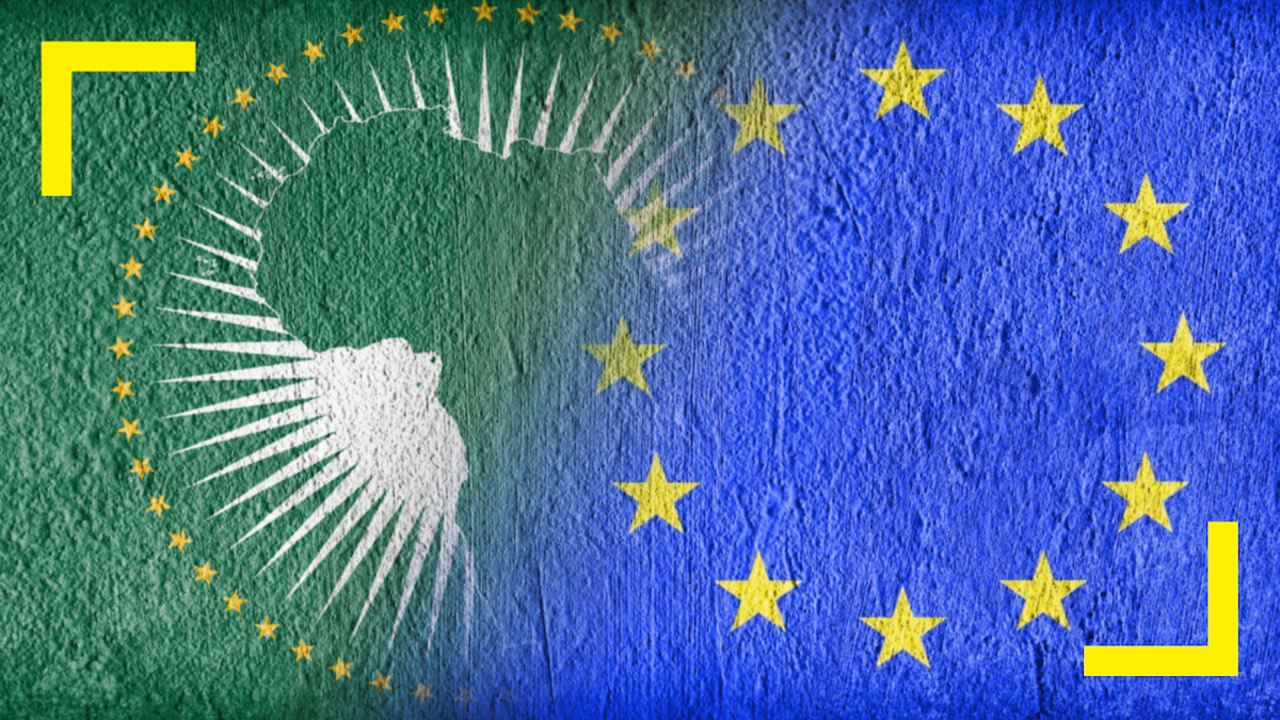Bassem Awadallah and Sharif Hassan bin Zaid sentenced to 15 years in prison for "sedition"

The State Security Court has finally convicted former head of the Jordanian Royal Household Bassem Awadallah and royal family member Sharif Hassan bin Zaid on charges of "incitement to oppose the existing political regime in the Kingdom" and "carrying out acts that endanger the security of society and provoke sedition", according to the official Petra news agency (AJN). In addition, the military judge sentenced Sharif Hassan bin Zaid to an additional year in prison and a fine of 1,000 dinars for drug possession. In the end, Prince Hamzah was not charged.
In reading out the verdict, the judge stated that Awadallah and Zaid had been proven to have been involved "in orchestrating a criminal project to cause sedition". Both sentences have been read out in camera and, after six hearings, can finally be appealed to the Jordanian Court of Cessation. In previous court sessions, both defendants had pleaded "not guilty" to the charges against them and for which they were finally sentenced.

The case dates back to last April when security sources revealed that, after a security check, Awadallah and Zaid were arrested for "undermining the security and stability of the country", a plot in which King Abdullah II's half-brother, Prince Hamzah bin al-Hussein, was also allegedly involved. After the release last April of 16 personalities who had been brought before the courts for the same "sedition" offences, Petra reported that "Bassem Awadallah and Sharif Abdul Rahman Hassan bin Zaid were not released in relation to their different roles and differences in the facts attributed to them and the degree of incitement which differs from the rest of the accused".
In addition, in early April, former Crown Prince Hamzah bin al-Hussein was arrested and placed under house arrest after being charged with inciting the opposition to carry out a "plot" to overthrow the Jordanian regime. The AJN news agency sought to deny this information, but a six-minute video recorded by Hamzah himself revealed that al-Hussein was being held at his home. In the recording, the first-born son reported that he had been banned from "going out, communicating or meeting with people because in some meetings where he had been present there had been criticism of the government or the King".

However, reconciliation between the two brothers followed the former heir's pledge of allegiance to monarch Abdullah II and the values upheld by the Hashemite dynasty in a signed letter, thus ending the crisis. Days later, the half-brothers were seen publicly together with several princes. The Jordanian monarch issued a communiqué stating that the uprising was "over" and that "the country is safe and stable". The arrests led to an internal crisis that seriously affected the country's stability and highlighted the problems within the Jordanian royal family.

In the last session, held on 13 June, the court charged the defendants with "inciting opposition to the existing political regime in the Kingdom" and "carrying out acts that endanger the security of society and provoke sedition". Subsequently, the court has held several sessions of the case under heavy secrecy and with caution to prevent media coverage of the case. In the first session, the Court heard five witnesses from the Public Prosecutor's Office, two of them reportedly testified in person, while the testimony of the remaining three was read out during the hearing of the case. In this regard, the court had previously rejected a request by the defence lawyers to summon Prince Hamzah, his brother Prince Hashem and his half-brother Prince Ali to appear in court as witnesses.

In 2004, King Abdullah II withdrew the title of Crown Prince from Hamza bin Hussein, and the title is now held by his crown son, Prince Hussein bin al-Abdullah. This event, together with the successive arrests, revealed the dramatic crisis within the royal family, which the monarch himself described as "the most painful crisis of his 22 years of rule". The verdict thus puts an end to an unprecedented royal crisis that marked the beginning of a destabilisation of the Jordanian regime.








